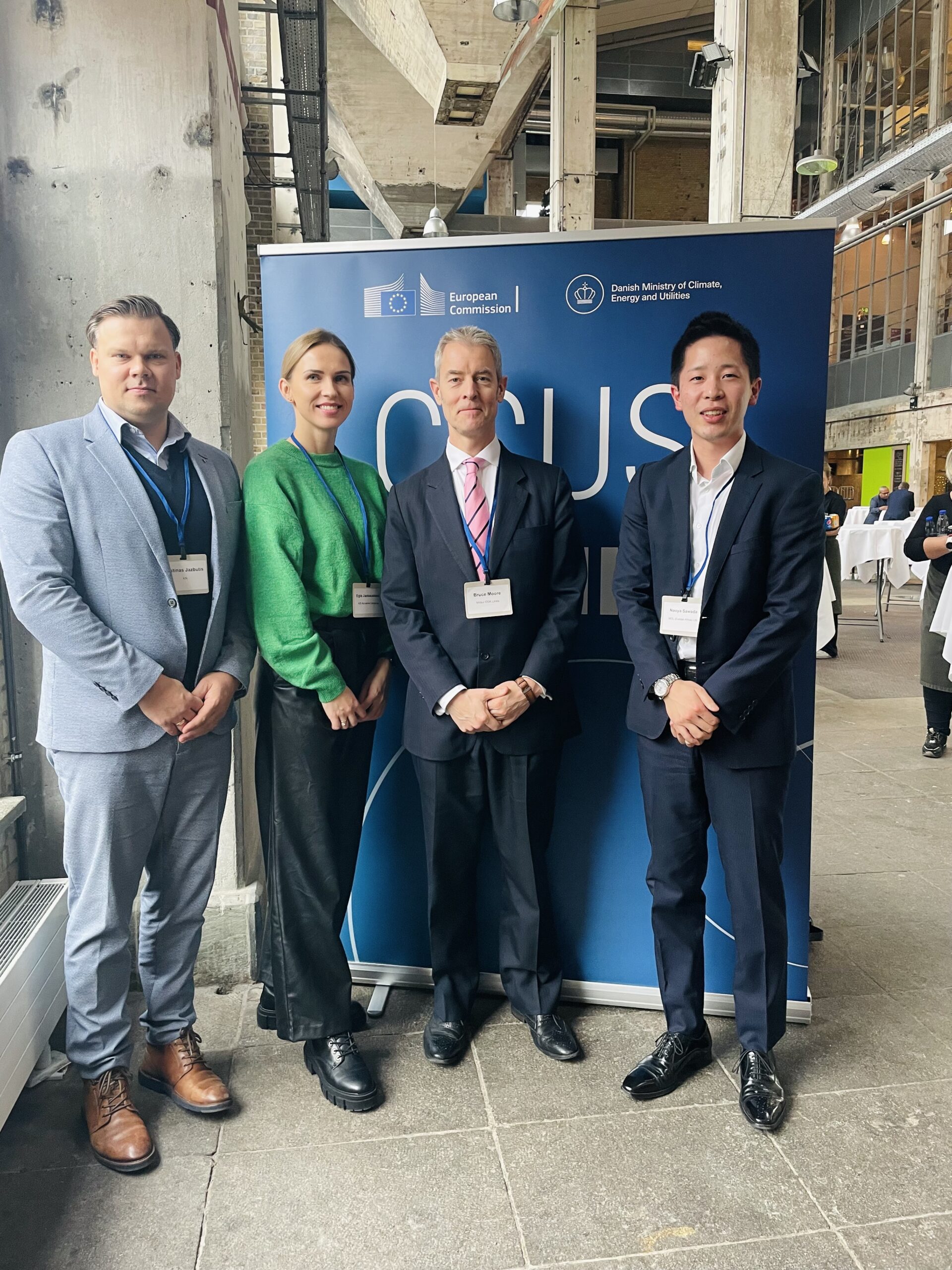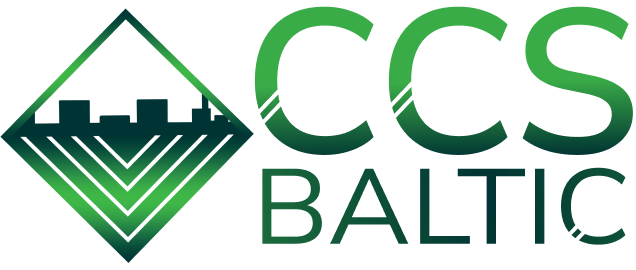
Nov 30, 2023
The European Commission is adopting the first list of Projects of Common Interest (PCIs) and Projects of Mutual Interest (PMIs), including CCS Baltic Consortium, that is fully in line with the European Green Deal. This means that the project is recognised as a CCS cross-border project of great importance which will significantly contribute to the implementation of the energy policy and climate goals of the European Union (EU).
CO2 capture and storage project CCS Baltic Consortium is planned to be implemented by two cement factories Akmenės cementas and SCHWENK Latvia (both belonging to the German capital company SCHWENK), Klaipėdos nafta and international shipping companies Larvik shipping and Mitsui O.S.K. Lines. Companies established the CCS Baltic Consortium last year, performed a project analysis, a feasibility study and submitted a project application to the ES for the 6th PCI status.
The project aims to create a carbon capture and storage value chain in Lithuania and Latvia, which would include the capture and transportation of CO2 generated in the industrial sector by land and sea transport to permanent storage sites, potentially in the North Sea. In this way, the CO2 gas would be returned to its place of origin.
„CO2 capture and storage is an important part of the strategy to reduce greenhouse gas emissions and decarbonise the industry. It is an important tool in stopping the processes of climate change and mitigating their effects, while not destroying the industries that are important to the states. The PCI status granted to the project we are planning with our partners only confirms the importance of the CO2 capture and storage infrastructure“, says Darius Šilenskis, head of Klaipėdos nafta.
„This area is particularly relevant in sectors for which a quick transition from fossil fuels to renewable energy resources is difficult, for example in our industry – cement production. What‘s more, CCS is one of the most advanced technological solutions that could significantly contribute to the decarbonisation of the cement industry“, says Artūras Zaremba, CEO of Akmenės cementas.
A. Zaremba notes that a total of about 1,6 Mt of CO2 could be captured in the factories of Akmenės cementas and SCHWENK Latvia in Lithuania and Latvia. This gas would be liquefied and transprted by land transport to the liquid energy products terminal of Klaipėdos nafta in Klaipėda. Liquefied CO2 gas from the latter would be further transported by special ships to permanent storage sites in Europe. Specific locations have yet not be decided but remote offshore gas storage facilities with the necessary geological features, such as the North sea, which has huge potential, are commonly used for safe storage of captured CO2.
Currently in Lithuania, as well as in neighboring Poland and Latvia, the storage of carbon dioxide in the depths of the earth is prohibited. Therefore, for companies that find it difficult to achieve decarbonisation goals only by making their operational processes more efficient, CO2 capture and management by exporting captured carbon dioxide to dedicated permanent storage sites can become an important part of complex measures.
It is planned to create a value chain of carbon dioxide capture and management which will be available not only to the companies initiating the project but also to other companies in the region that are concerned with reducing their CO2 emissions in order to achieve climate change goals. As a result, the project is important both for the Baltic region and for Europe – it will help the countries fulfill their obligations in the climate field.
After the CCS Baltic Consortium project received PCI status, detailed studies will continue and applicationd for EU funding will be submitted. It is expected that the project will attract large-scale EU investments to Lithuania and Lativa. It is estimated that the total investments can reach about 1,1-1,2 billion euros. The final investment project is planned to be prepared at the end of 2026 and CO2 capture and export operations are planned to start in 2030.
PCI 6th list was announced during CCUS Forum in Aalborg, Denmark at 27-28th of November, 2023, where part of the CCS Baltic Consortium team attended the event. The European Commision‘s CCUS Forum also has enabled Denmark, France, Germany, Sweden and the Netherlands to sign the Aalborg declaration. This declaration clinches CCUS’s role in the energy transition era, as these five countries have agreed that CCUS projects need to be scaled up both nationally and at the European level. The European Commission’s Energy Commissioner, Kadri Simson pointed out: “These projects show two things: First, EU industry is ready and committed to a full decarbonisation of our economy. Second, there is strong political support for carbon capture and storage within the EU. But this also means that it is important to take the next step, and put in place the regulatory framework to scale up CCUS across the EU”. Also on 10 panel discussions during two days there were a lot of questions on: how fast industrial carbon strategies will be implemented to reach climate neutrality; what CO2 transport models should or should not be chosen; how to efficiently ensure enough CO2 storage capacity; how governments should work on regulation and prepare society about the awareness of CCUS. Glad to know that the CCUS breakthrough is gaining momentum in Europe.
From the left: Justinas Jazbutis, Head of projects unit business development office (Klaipėdos Nafta), Eglė Jankauskienė, Sustainability and project coordinator (Akmenės cementas), Bruce Moore, Head of strategy and decarbonisation (Mitsui O.S.K. lines), Naoya Sawada, Assistant manager – strategy and decarbonisation (Mitsui O.S.K. lines).

